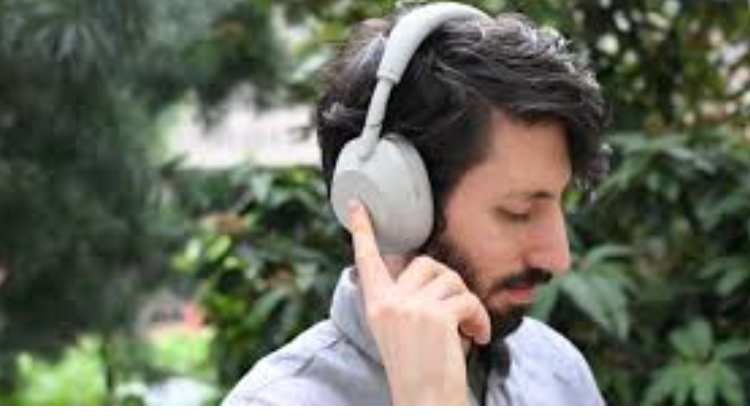Noise-canceling headphones are designed to block out unwanted sounds around you. They have built-in microphones that pick up outside noises and create sound waves to cancel them out.
These headphones not only make listening more enjoyable but also have practical benefits, like reducing noise in loud places such as airports and on noisy transportation like trains and planes.
Some studies have looked at the health benefits of noise-canceling headphones. A 2022 study tested different types of noise-canceling headphones and found that they reduced how loud participants felt sounds were in places like cafés and buses. Noise cancellation worked best with headphones that completely covered the ears, allowing people to enjoy music at lower volumes. This is important because listening to music at lower volumes can lower the risk of hearing damage.
Noise-canceling headphones may also help protect the hearing of people who work in loud places like construction sites and concerts. However, the Centers for Disease Control and Prevention (CDC) does not classify them as hearing protection unless they have a noise reduction rating (NRR) on the package.
NRR measures how effective a hearing protection device is at reducing noise in decibels (dB). The NRR scale goes from 0 to 33 dB; a higher number means more noise reduction.
They may also help improve sleep quality. A small study in 2022 with 26 healthcare workers found that wearing noise-canceling earbuds helped them sleep better and feel less sleepy during the day. This was especially true for those who had trouble sleeping before the study.
Researchers said that more studies with larger groups are needed to confirm this. Additionally, a 2019 study looked at whether noise-canceling headphones could help children with autism by reducing unwanted sounds. Children with autism often react strongly to noises and can become overstimulated.
Researchers measured various physical responses, like heart rate and temperature, from participants in real-world settings using wearable devices.
The study says that using noise-canceling headphones might help calm children with autism. The researchers pointed out that we need more good studies, but previous research shows that these headphones can help kids with autism and other learning challenges by reducing stress and allowing them to keep learning effectively. This can lead to better thinking and behavior.
Also, a 2021 review of 13 studies found that noise-canceling headphones could improve the classroom experience for both neurodivergent (like those with autism) and neurotypical (typical development) children. However, the review mentioned that there hasn’t been enough research on neurotypical kids, and the results so far have been mixed.
Possible benefits include:
– Less distraction
– Better focus
– Improved learning
– Less anxiety
In addition to these practical benefits, like better sound quality, noise-canceling headphones might also have health benefits. More research is needed to see if they protect ears, reduce overstimulation, or help with sleep.
Talk to a doctor to find out if noise-canceling headphones could be good for your or your child’s health.

